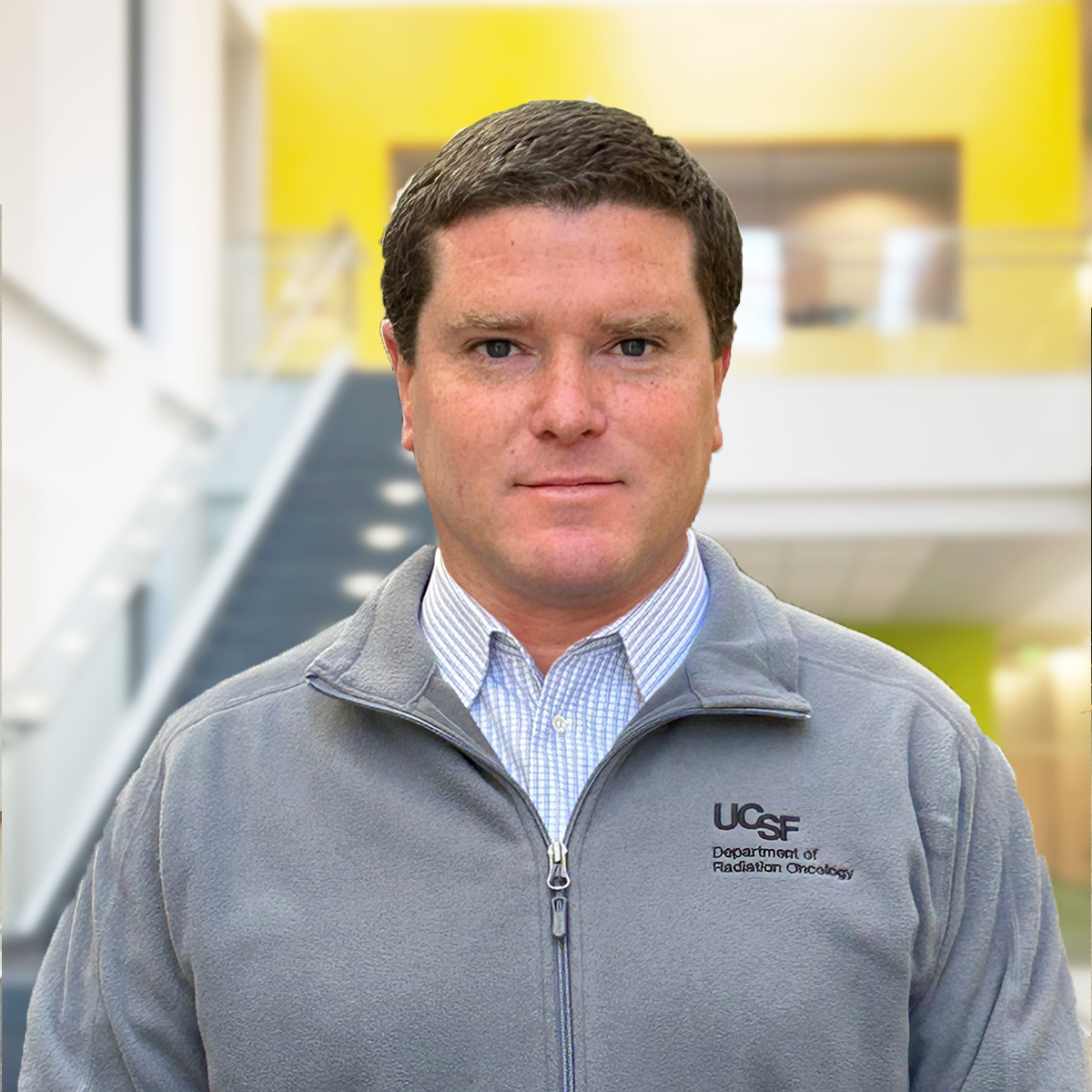Our Team

Jean-Philippe Coppé, PhD
Associate Professor
Department of Radiation Oncology
University of California, San Francisco
Meet Dr. Coppé


Dr. Jean-Philippe Coppé, PhD is an Associate Professor In Residence in the Department of Radiation Oncology and a member of the Helen Diller Family Comprehensive Cancer Center. Dr. Coppé’s lab is located in the 2340 Sutter Street Labs at the Mount Zion campus. Dr. Coppé is a molecular and cell biologist with expertise in cancer and aging research. A central interest of Dr. Coppé and his team is to understand how tumors adapt and survive under therapeutic pressure, including upon exposure to radiation therapy, chemotherapy, and targeted therapy. By discovering orthogonal modalities of therapeutic resistance in patient-representative tumor models and cell line systems, Dr. Coppé’s goal is to design treatment combination strategies that can eliminate residual tumor cells and restore therapeutic response or prevent therapeutic resistance. To reveal the cooperative signaling dependencies that enable cancer cells to persist, Dr. Coppé’s group uses advanced protein and gene expression methods and cell engineering approaches, as well as unique techniques and computational resources developed in his lab. In particular, Dr. Coppé and colleagues pioneered the development of a kinase activity screening platform (HT-KAM) and a directional kinase-substrate network database (PhosphoAtlas) to measure the functional state of kinase enzymes and their phospho-signaling circuits, which provides access to a vastly unexplored yet highly valuable molecular parameter with considerable potential to accelerate the discovery of actionable kinase-dependent pathways and the co-development of new chemical entities for functional precision medicine. The main tumor types that Dr. Coppé’s group study, are BRAF and KRAS/NRAS mutated colorectal cancer and melanoma, as well as triple-negative breast cancer. At the molecular level, Dr. Coppé’s research interests concentrate on how tumor suppressive and pro-oncogenic pathways (e.g., p16, p53, DNA-damage repair factors, cell surface receptors) orchestrate mechanisms of cell survival, senescence, inflammation and immunosurveillance, always with an eye toward clinical relevance for patients. Dr. Coppé is particularly fond of collaborative science, whether across fields of medicine, biology and biotechnology, or across academic institutions. Dr. Coppé obtained his PhD from UC Berkeley and trained in the laboratory of Dr. Judith Campisi, an acclaimed investigator in the field of aging and senescence, where he initiated the conceptualization and discovery of mechanisms of senescence-associated inflammation (SASP) and immune evasion. Before joining UCSF as a Professional Researcher in the Department of Laboratory Medicine and initially integrating the group of Dr. Laura van ‘t Veer, a renowned authority in genomic testing for breast cancer diagnostic, Dr. Coppé was Head of Life Sciences Applications at Kinogea Inc., providing him a unique experience in entrepreneurial leadership and technology development, including biochemical probe-based sensing systems and surface chemistry.
Education
|
Professional Experience
|
Professional Contributions
|


